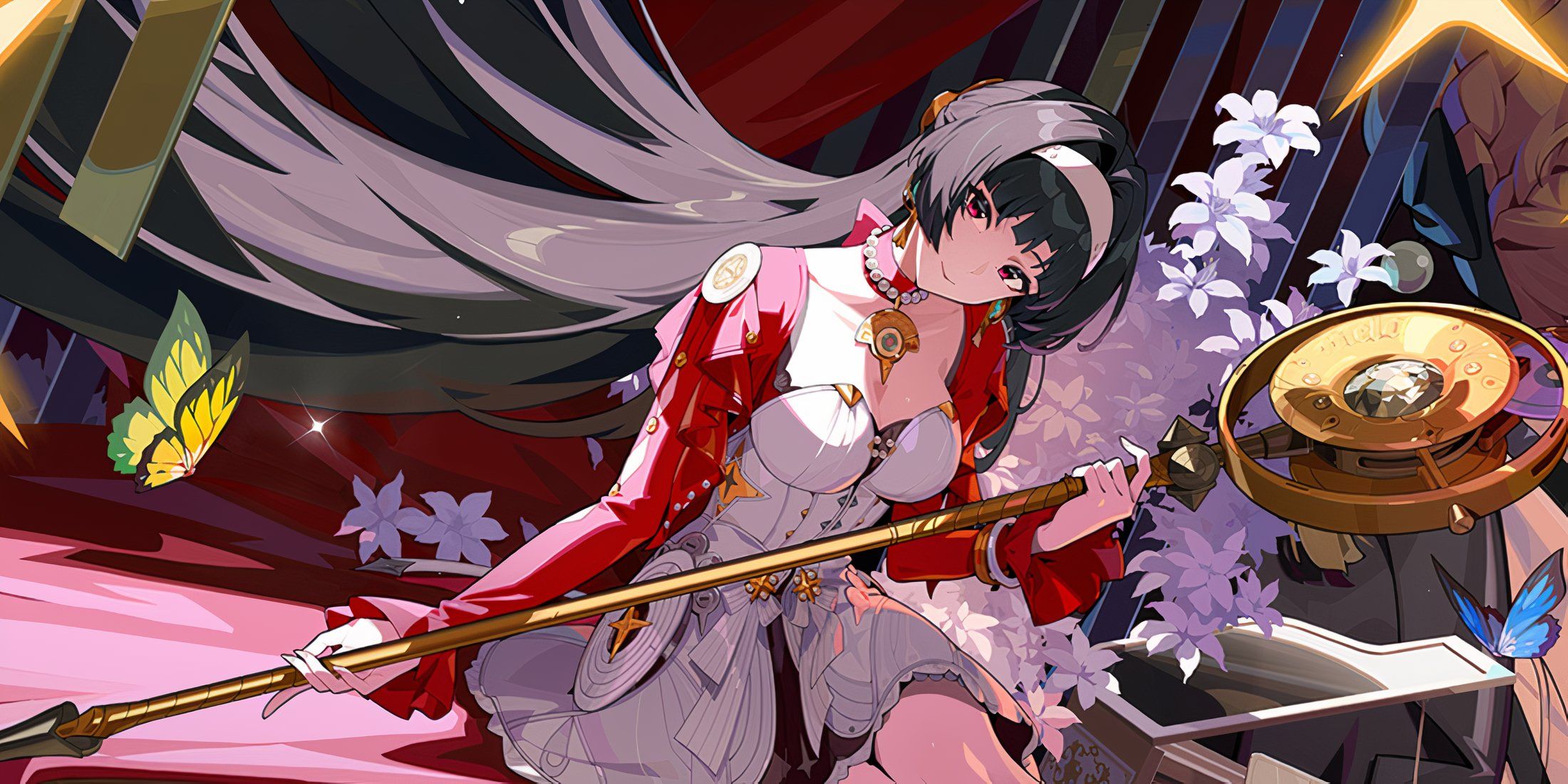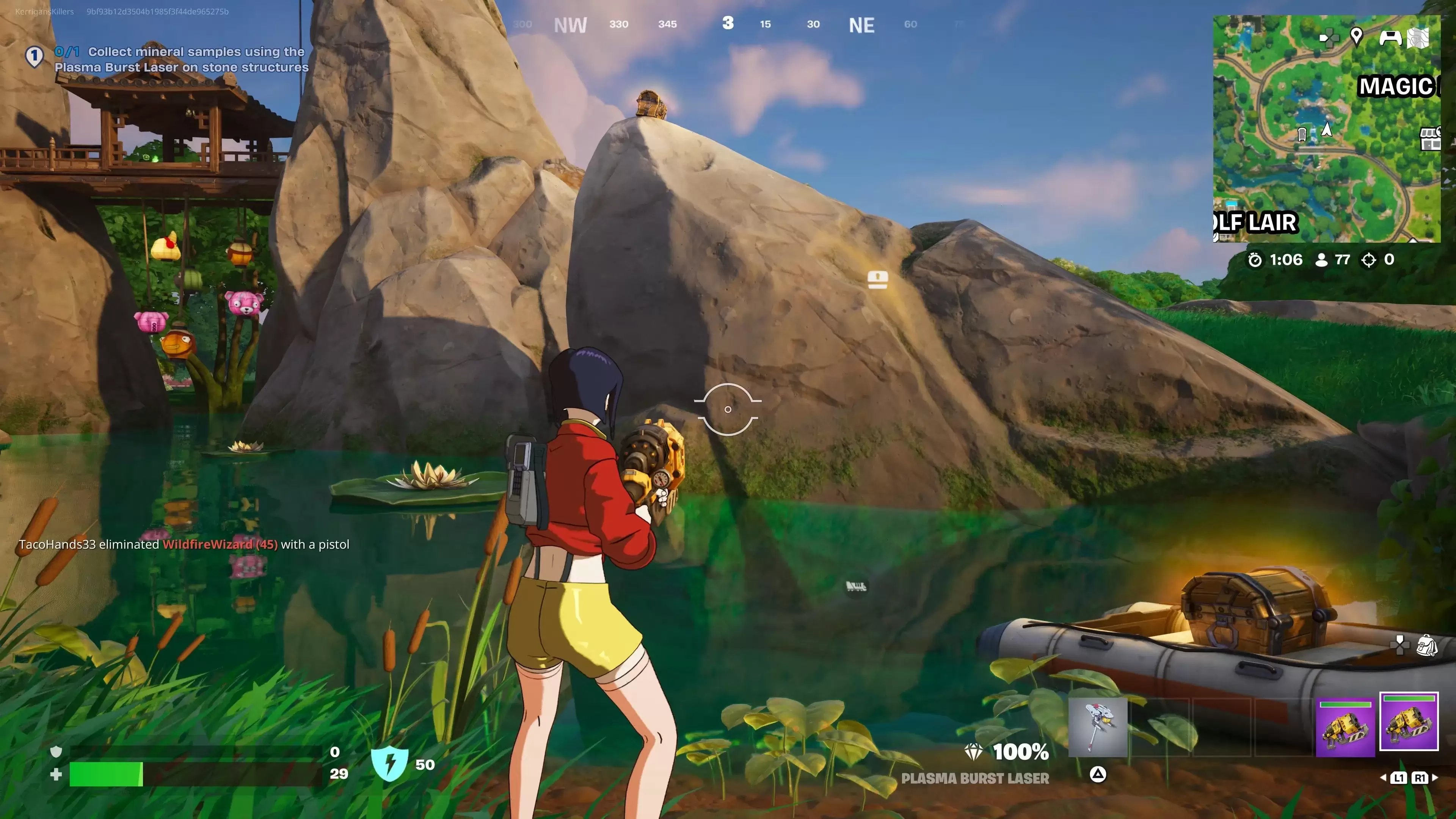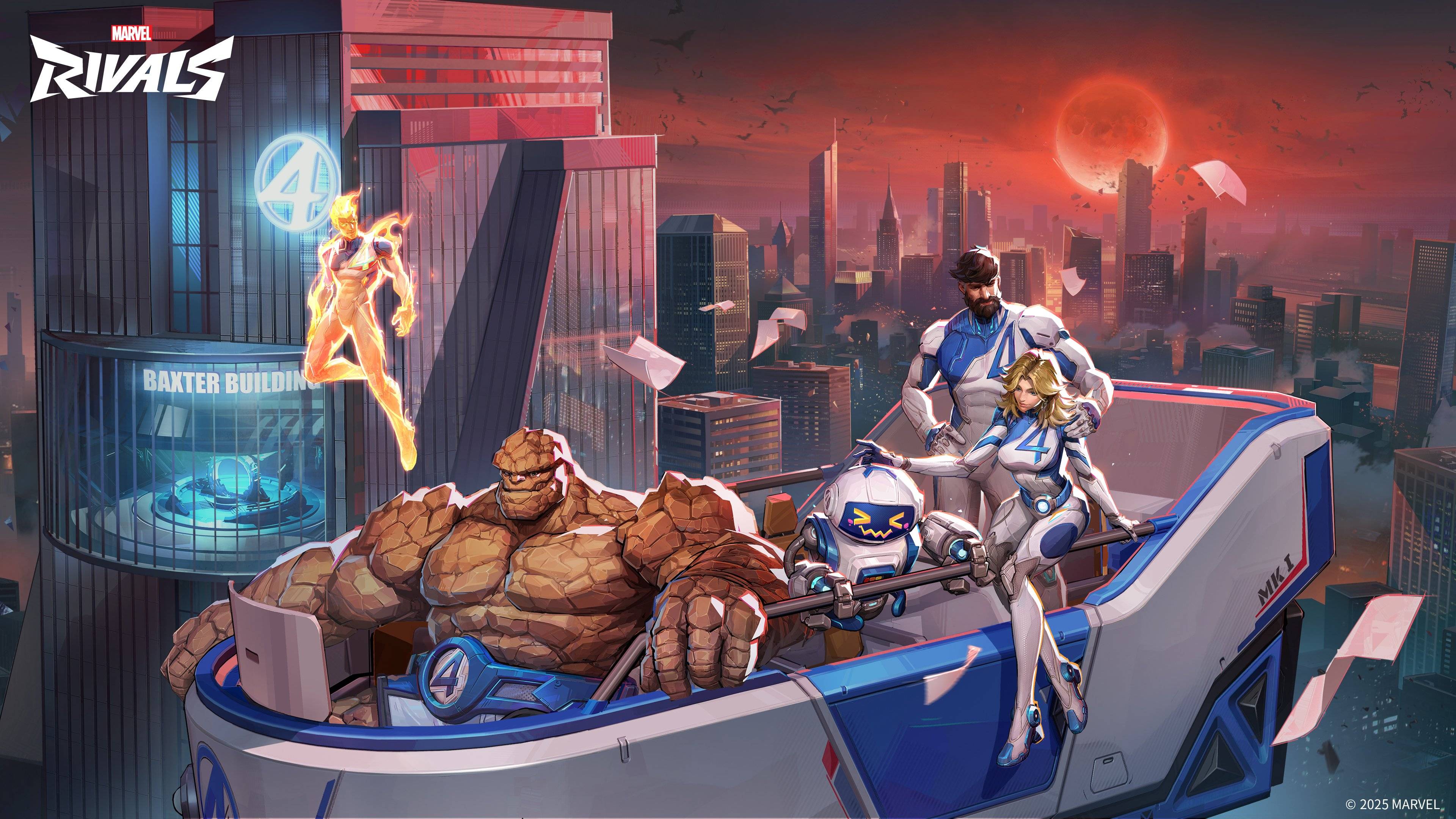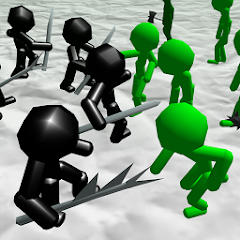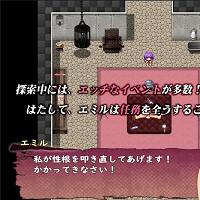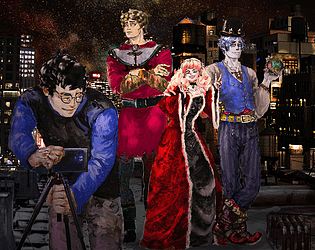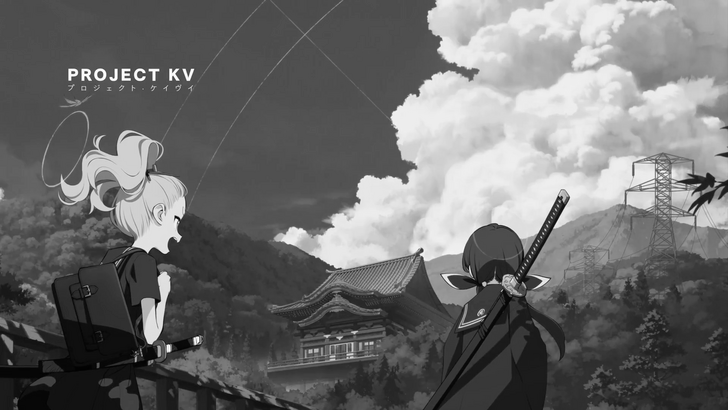
Project KV, a visual novel developed by former Blue Archive creators at Dynamis One, has been canceled following significant backlash over its striking resemblance to its predecessor. The game, which generated considerable buzz upon its initial announcement, faced intense criticism for its apparent similarities to Nexon's Blue Archive.
Dynamis One issued an apology on September 9th via Twitter (X), acknowledging the controversy and the concerns raised regarding Project KV's design and concept. The studio stated it was canceling the project to avoid further issues, expressing regret to fans and confirming the removal of all related online materials. They concluded by pledging to improve future projects to better meet fan expectations.
The cancellation followed the release of two promotional videos: the first on August 18th, introducing the game's narrative and voice acting, and a second two weeks later showcasing characters and key plot points. Despite the initial positive reception, the negative reaction to the game's similarities with Blue Archive ultimately led to its swift cancellation. While some expressed disappointment, online sentiment largely celebrated the decision.
The controversy stemmed from the perceived similarities between Project KV and Blue Archive, ranging from aesthetic style and music to core gameplay concepts. Both games feature a Japanese-style city populated by weapon-wielding female students, and a "Master" character in Project KV was seen as directly mirroring Blue Archive's "Sensei." The use of halo-like adornments above characters, a significant narrative element in Blue Archive, further fueled accusations of plagiarism.
Speculation ran rampant, with many dubbing Project KV "Red Archive" and suggesting the initials "KV" alluded to Kivotos, Blue Archive's fictional city. Although Blue Archive's general producer, Kim Yong-ha, indirectly addressed the controversy by sharing a fan clarification stating Project KV was not a sequel or spin-off, the damage was done.
The overwhelming negative response forced Dynamis One's hand. The studio's decision to cancel the project without detailed explanation leaves unanswered questions about the future direction of Dynamis One and whether they will learn from this experience. While some might mourn the lost potential, many view the cancellation as a fitting consequence for the perceived plagiarism. The incident serves as a cautionary tale about the importance of originality and avoiding the appearance of leveraging existing IP's success.

 Latest Downloads
Latest Downloads
 Downlaod
Downlaod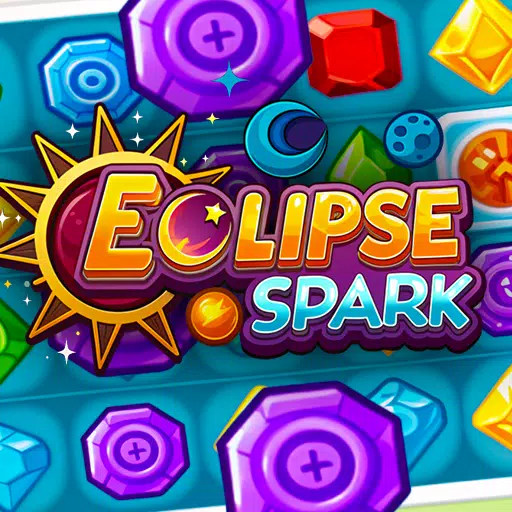




 Top News
Top News
